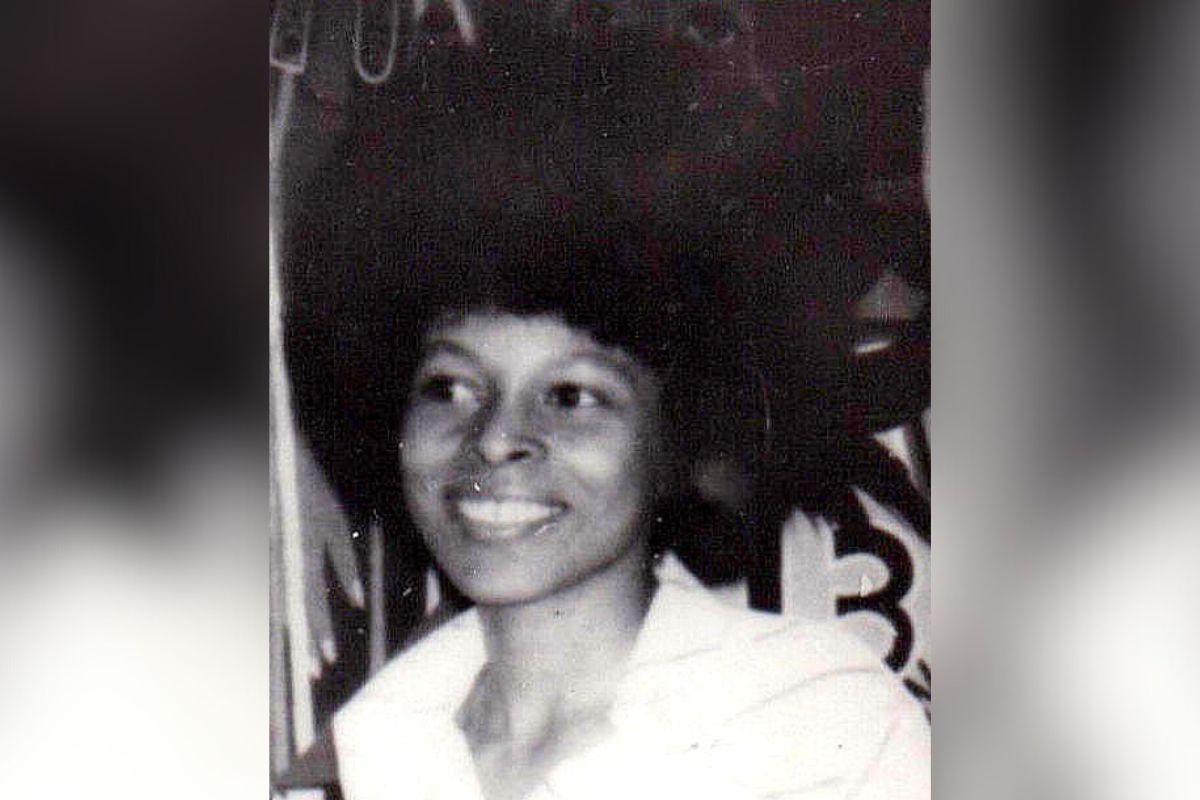Death Confirmed By Cuban Officials
Assata Shakur died Thursday in Havana at age 78, according to a statement from Cuba’s Ministry of Foreign Affairs. Officials cited “health ailments and her advanced age” as the cause of death. Her passing ends a decades-long chapter in the life of one of the most polarizing and influential Black liberation figures of the 20th century.
From Conviction To Asylum
Born JoAnne Deborah Byron in 1947 and later known as JoAnne Chesimard, Shakur rose to prominence as a member of the Black Liberation Army. In 1977, she was convicted of first-degree murder for the 1973 shooting of New Jersey State Trooper Werner Foerster during a traffic stop on the New Jersey Turnpike. She escaped from prison in 1979 and resurfaced in Cuba, where she was granted political asylum in 1984.
Her escape and subsequent life in exile made her both a revolutionary icon and a wanted fugitive. In 2013, the FBI added her to its Most Wanted Terrorists list, offering a $2 million reward for her capture. She was the first woman ever placed on that list.
A Lasting Influence On Hip-Hop
Shakur’s political legacy extended far beyond activism. Her influence is deeply embedded in Hip-Hop, where her story became a symbol of resistance and empowerment. As the step-aunt and godmother of Tupac Shakur, her ideology helped shape one of rap’s most influential voices. Tupac referenced her in his 1991 track “Words of Wisdom,” linking her revolutionary stance to the emerging wave of politically conscious rap.
Common paid tribute to her in his 2000 track “A Song for Assata,” featuring CeeLo Green. The lyrics included, “I’m thinking of Assata, yes / Listen to my love, Assata yes / Your power and pride is beautiful / May God bless your soul.” Common later explained, “I read this sister’s story, [and] knew that it deserved a song.”
Her impact also resonated with Public Enemy, whose politically charged lyrics often echoed her themes of systemic injustice and resistance. Chuck D and other artists in the conscious rap movement viewed her as a symbol of defiance that aligned with Hip-Hop’s activist roots.
Life In Cuba And Literary Legacy
While living in Cuba, Shakur kept a low profile but remained engaged in political discourse. Her 1987 memoir, Assata: An Autobiography, became a foundational text for students and scholars of Black radical thought. The book continues to circulate widely among activists and academics.
During her trial, Shakur maintained her innocence, claiming she was targeted because of her activism. Her involvement with the Black Liberation Army in the early 1970s reflected her belief in armed resistance against racial oppression.
Final Chapter Ends In Havana
Shakur died on September 26, 2025, in Havana. Her death marks the conclusion of a life that spanned civil rights struggles, revolutionary activism, and the cultural evolution of Hip-Hop as a platform for political expression.
